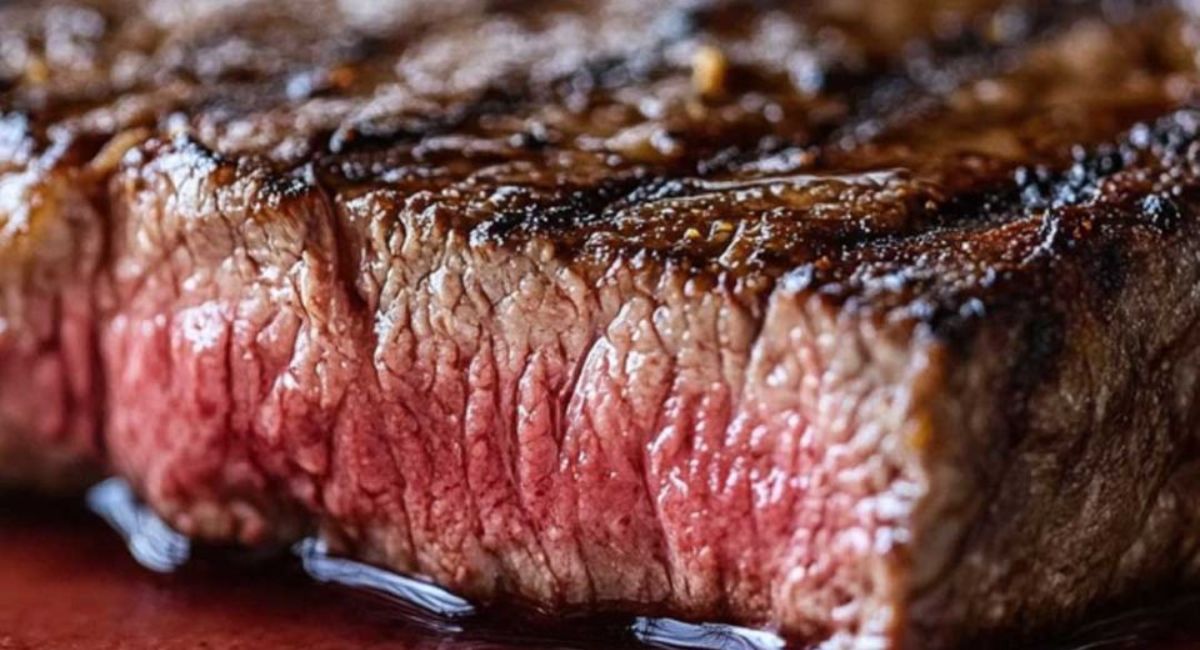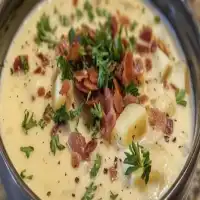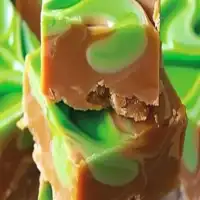Oh wow, I didn't know this

Description
Have you ever savored the exquisite taste of a perfectly cooked rare steak and wondered what makes it so delicious and intriguing? The allure of a steak cooked to perfection, with its juicy, myoglobin-rich appeal, is a culinary experience like no other. This dish carries a rich history, rooted in traditional cooking methods that celebrate the natural flavors and textures of high-quality meat. With a passion for authenticity and a touch of science, we invite you on a journey to better understand the composition of this exceptional dish, why that enticing red juice is not what you think, and how to create the perfect rare steak right in your own kitchen.
Imagine slicing into a beautifully seared piece of steak, the tender, rosy center glistening with juices that promise flavor with every bite. This preparation not only enhances the meat’s inherent qualities but also gives you a glimpse into the fascinating world of meat composition. Our exploration will teach you about myoglobin, the important protein responsible for that signature red color, its nutritional value, and essential cooking techniques that will leave your guests asking for more. Whether you are a seasoned chef or a curious novice, this guide will arm you with the knowledge you need to impress at your next dinner.
Ingredients
- For this recipe, the focus is on the qualities of the steak itself, along with basic seasoning to enhance its natural flavors. Let’s break down what you’ll need:
- Main Ingredients:
- - 1 (1-1.5 inches thick) ribeye or sirloin steak - about 12 to 16 ounces
- - Sea salt - 1 to 2 teaspoons, to taste
- - Freshly ground black pepper - ½ teaspoon, to taste
- - Olive oil or clarified butter - 1 tablespoon for cooking
- - Fresh herbs (optional) - such as thyme or rosemary for garnish
- Optional Marinade Ingredients (choose whichever):
- - 2 cloves garlic - crushed
- - 1 tablespoon soy sauce
- - 1 teaspoon balsamic vinegar
- - 1 teaspoon Worcestershire sauce
- - Zest of 1 lemon - for brightness
Preparation Method
1. Choose a steak with good marbling and high quality, considering grass-fed or grain-fed options.
2. Bring the steak to room temperature for even cooking, about 30 minutes before cooking, and pat it dry.
3. Season the steak generously with sea salt and black pepper or marinate for at least 30 minutes for deeper flavor.
4. Preheat a cast iron skillet or grill to a high temperature, around 450-500 degrees Fahrenheit.
5. Add olive oil or clarified butter to the hot skillet and place the steak in without moving it for 2-3 minutes to form a crust.
6. Flip the steak gently with tongs and cook for another 2-3 minutes for medium-rare, checking the internal temperature.
7. Remove the steak and let it rest for 5-10 minutes to allow juices to redistribute.
8. Slice against the grain with a sharp knife and serve on a warm plate, optionally garnished with fresh herbs.
Tips and Conclusion
To elevate your steak experience, pair it with your favorite sides. A classic option is a side of garlic mashed potatoes or a crisp Caesar salad. If you're feeling adventurous, whip up a flavorful chimichurri sauce to drizzle over the steak, adding a refreshing herbaceous kick. Store any leftover steak in an airtight container in the refrigerator for up to three days, and enjoy it cold in salads or sandwiches. Additionally, if you're preparing this dish for a special occasion, consider presenting it on a rustic wooden board with a selection of cheeses and cured meats for a gourmet steak platter.
In conclusion, preparing a rare steak is not just about cooking meat; it’s an art form that involves an understanding of composition, technique, and flavor enhancement. With this comprehensive guide, you now possess the culinary skills and knowledge to create a restaurant-quality rare steak in the comfort of your own kitchen. The rich, juicy taste, complemented by the vibrant color and aroma, promises to delight any palate. Don’t forget to explore other related recipes on our site, like a savory homemade steak sauce or a delightful roasted veggie medley that pairs perfectly with your succulent steak. Collectively, they will round out your meal and wow your guests. We invite you to share your experiences and newfound skills with others, encouraging them to join you on this delicious journey through the world of cooking. Happy cooking!







